Case Study: Quick Action Helps Avoid Grounding
A tanker had discharged cargo and was outbound under pilotage in a restricted waterway when an oil mist detector alarm for the main engine sounded. This caused the engine to shut down.
The bridge team went into the emergency status and made preparations to drop anchor. While these preparations were in progress, the engine team checked the oil mist alarm system.
It was found that the air feed flow into the oil mist detector was not operating according to specification. A loosened fixing nut on the air regulating valve was causing a false alarm.
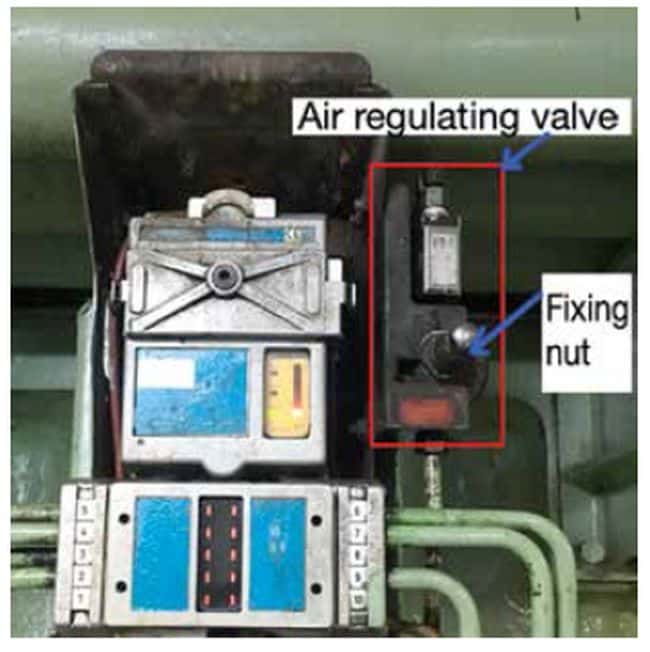
The system air pressure was immediately increased to normal level, the fixing nut was tightened and the oil mist detector was re-set. The main engine was quickly restarted and the vessel was able to continue the voyage without suffering any negative consequences or needing to drop anchor.
Lessons learned
Quick and effective action in an urgent situation is often possible when the crew are thoroughly familiar with their ship.
Reference:
Disclaimer :
The information contained in this website is for general information purposes only. While we endeavour to keep the information up to date and correct, we make no representations or warranties of any kind, express or implied, about the completeness, accuracy, reliability, suitability or availability with respect to the website or the information, products, services, or related graphics contained on the website for any purpose. Any reliance you place on such information is therefore strictly at your own risk.
In no event will we be liable for any loss or damage including without limitation, indirect or consequential loss or damage, or any loss or damage whatsoever arising from loss of data or profits arising out of, or in connection with, the use of this website.
Do you have info to share with us ? Suggest a correction
Disclaimer :
The information contained in this website is for general information purposes only. While we endeavour to keep the information up to date and correct, we make no representations or warranties of any kind, express or implied, about the completeness, accuracy, reliability, suitability or availability with respect to the website or the information, products, services, or related graphics contained on the website for any purpose. Any reliance you place on such information is therefore strictly at your own risk.
In no event will we be liable for any loss or damage including without limitation, indirect or consequential loss or damage, or any loss or damage whatsoever arising from loss of data or profits arising out of, or in connection with, the use of this website.
About Author
Marine Insight News Network is a premier source for up-to-date, comprehensive, and insightful coverage of the maritime industry. Dedicated to offering the latest news, trends, and analyses in shipping, marine technology, regulations, and global maritime affairs, Marine Insight News Network prides itself on delivering accurate, engaging, and relevant information.

About Author
Marine Insight News Network is a premier source for up-to-date, comprehensive, and insightful coverage of the maritime industry. Dedicated to offering the latest news, trends, and analyses in shipping, marine technology, regulations, and global maritime affairs, Marine Insight News Network prides itself on delivering accurate, engaging, and relevant information.
- Real Life Incidents: Near Miss In Open Water And Good Visibility
- Real Life Incident: Poor Situational Awareness Leads to Collision
- Real Life Incident: Monkey’s Fist Knocks on Office Window
- Real Life Incident: Paint Storage Slip-Up On Ship
- Real Life Incident: Checklist Mentality Is A Burning Problem
- Real Life Incident: Vessel Speed Exacerbates Bank Suction
Latest Case studies Articles You Would Like:
Daily Maritime News, Straight To Your Inbox
Sign Up To Get Daily Newsletters
Join over 60k+ people who read our daily newsletters
By subscribing, you agree to our Privacy Policy and may receive occasional deal communications; you can unsubscribe anytime.







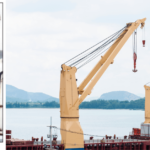

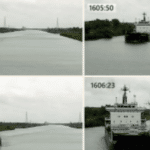

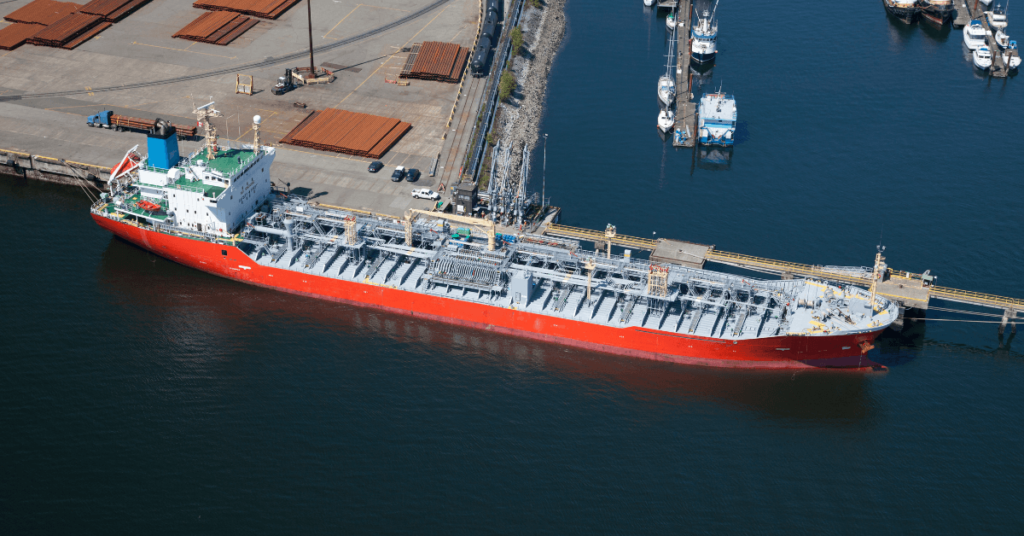

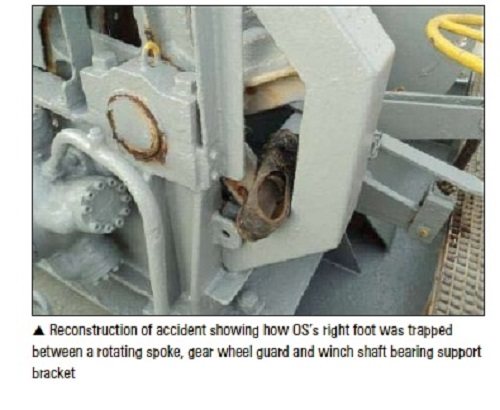
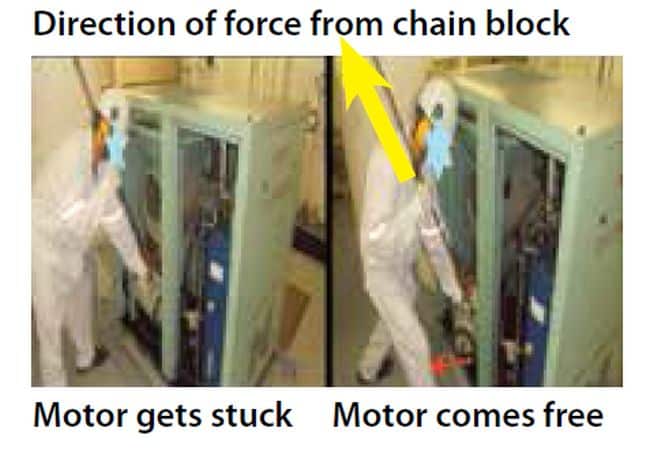
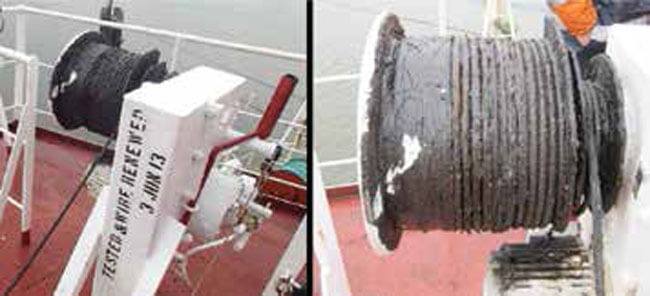
“A loosened fixing nut on the air regulating valve was causing a false alarm”
then, “The system air pressure was immediately increased to normal level”
so, false alarm or not?